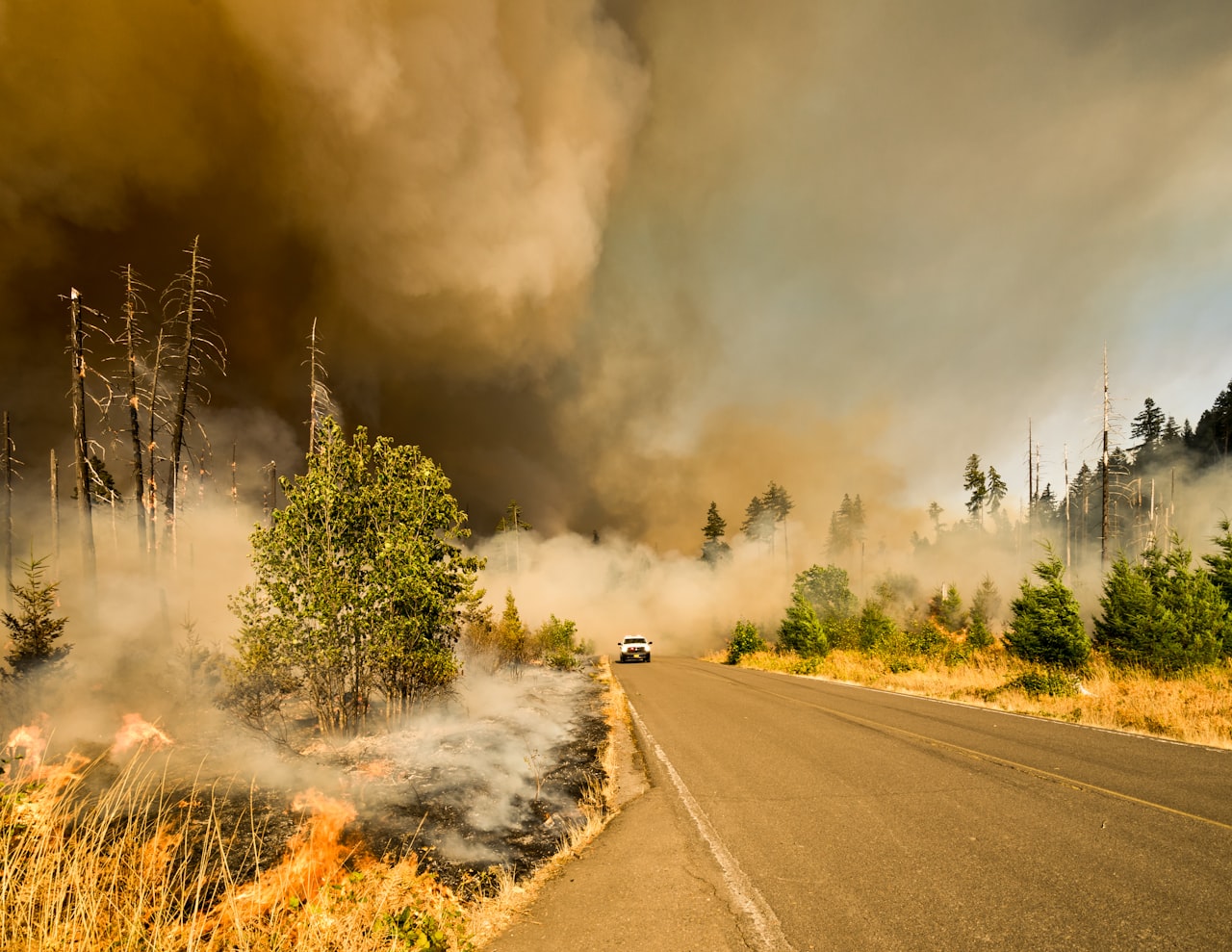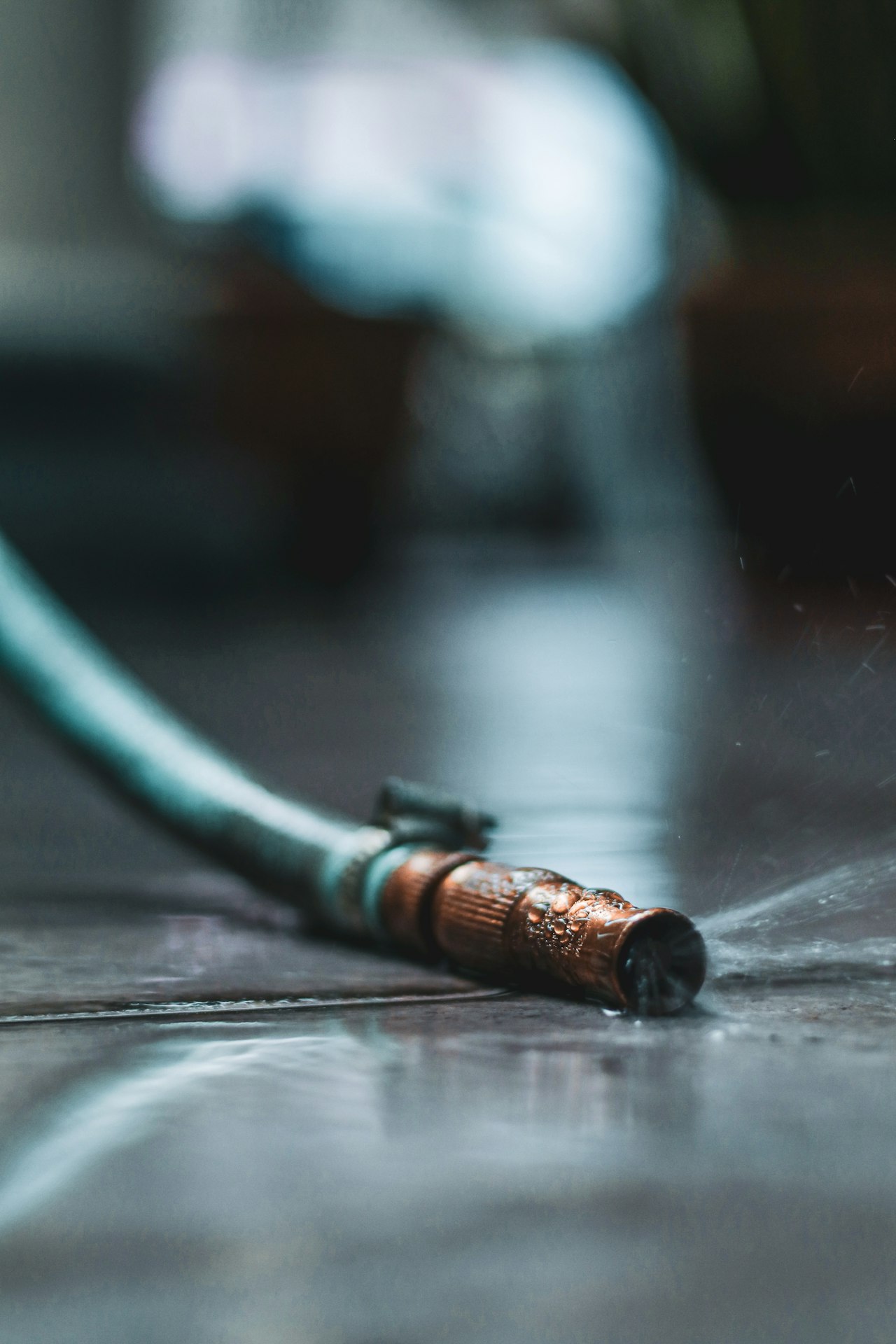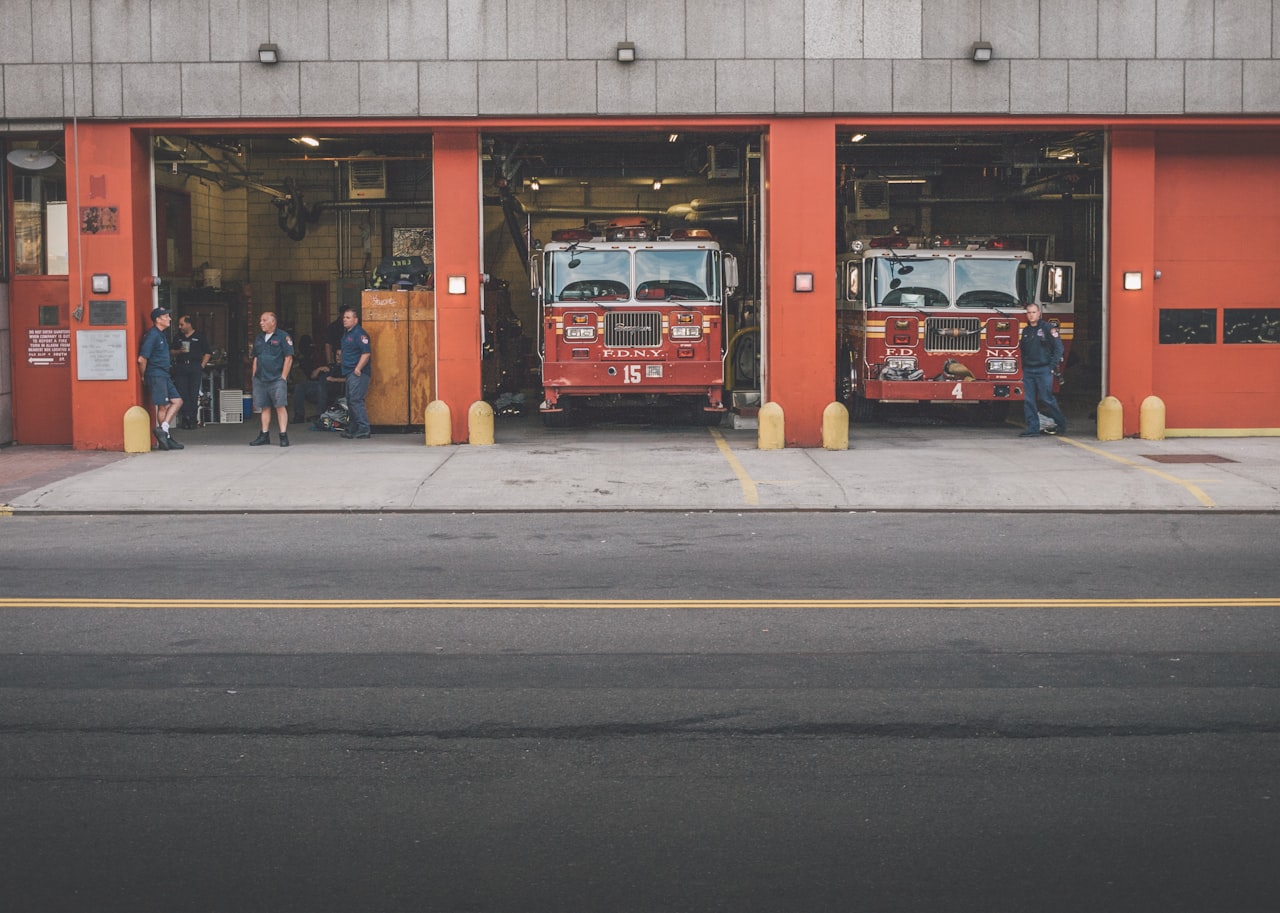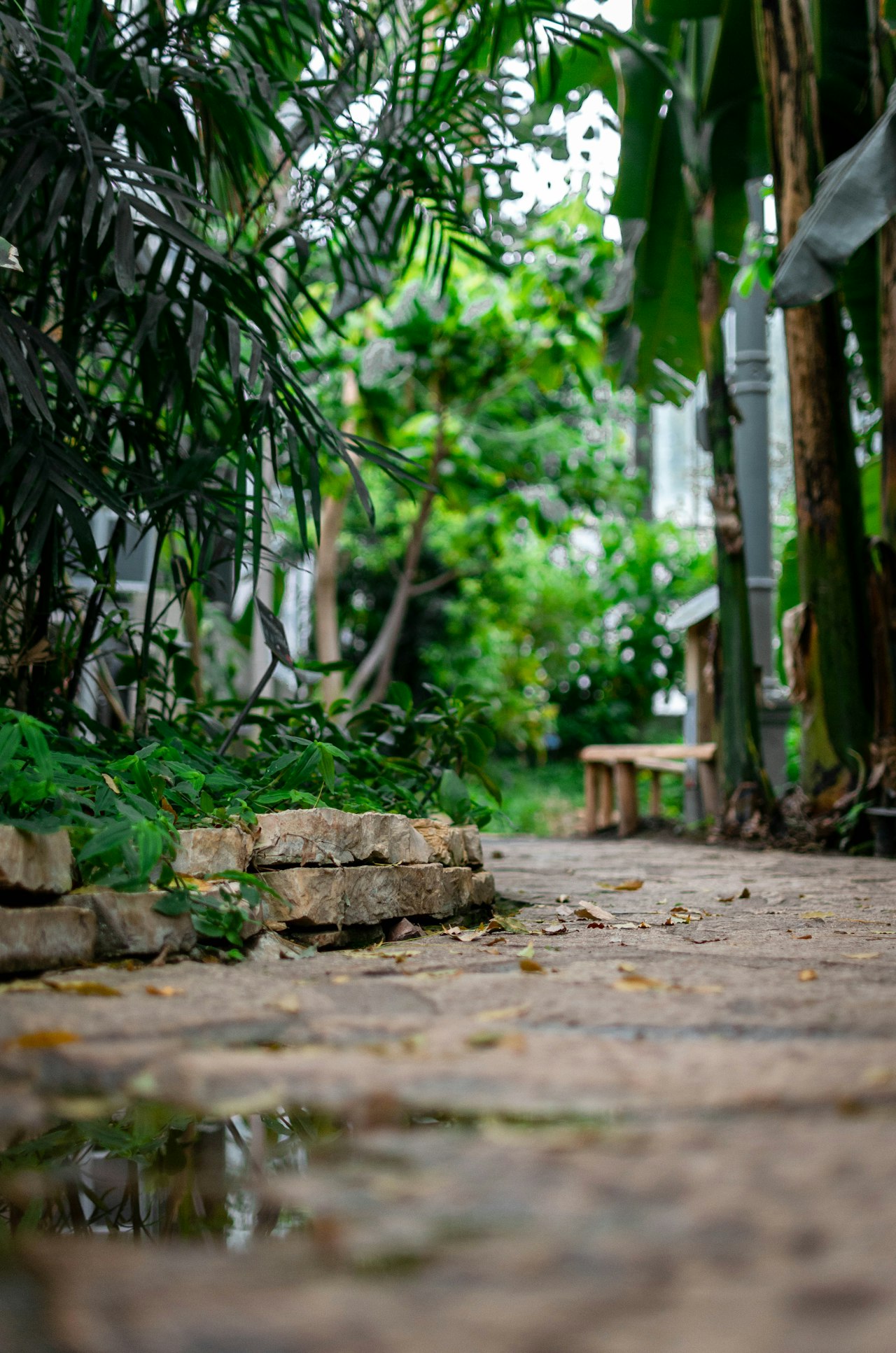With California's heightened risk of wildfires, ensuring the safety of our homes and loved ones is paramount. After attending our local volunteer fire department training, I've amassed valuable insights and knowledge. I urge everyone to take part in such trainings or to connect with local fire departments for tips. Now, let's delve into a comprehensive guide on staying protected during wildfire incidents.
Your House Fire Plan: What To Do
-
Power Outages and Water Storage:
- Wildfires can lead to power outages, affecting water pumps. As a precaution, fill up containers, bathtubs, and sinks with water in advance.
- Solar systems with battery storage can offer a valuable backup during such outages, ensuring you have power when you need it most.
-
Evacuation Decision:
- If the fire is a considerable distance away, head to local designated safe areas.
- If the fire is close but not an immediate threat, staying at home might be the safer option. However, if it's more than a mile away, evacuate early to avoid congested roads.
-
Home Preparations:
- Shut all doors, including internal ones, to prevent the fire's spread within the house. Remove drapes from windows and fill every available container with water.
- Have each hose nozzle equipped with a hose and sprayer, ensuring combustible materials like propane and firewood are stored away from the house.
-
Packing:
- Prioritize irreplaceable items for evacuation. Keep pets in one room before loading them into vehicles to prevent panic and confusion. Avoid letting livestock roam as they can unpredictably run towards flames.
-
Dressing:
- Opt for all-cotton attire, avoiding exposed skin. Equip yourself with protective eye gear and gloves for additional safety.
-
Fire Approach:
- Always approach a fire from the upwind side, focusing on its edge. Remember, spraying water directly into the flames can be ineffective.
Driving Safety During Wildfires:
-
General Advice:
- If fire emerges while driving, continue moving, especially if it's underneath you. Pay attention to the smoke's direction, as it often indicates the fire's path.
- Use low beams and activate hazard lights when in smoky conditions. Always keep windows up and set the AC to recirculate.
-
If Trapped in a Vehicle:
- Stay inside for as long as it's safe. Use a dry cloth to shield your airways. If the heat becomes unbearable, exit the vehicle away from the flames, staying low to the ground.
- Natural barriers such as ditches, parking lots, and boulders can provide temporary refuge.
-
Trapped Outside the Vehicle:
- If you're caught outside during a fire, use a dry cloth to cover your nose and mouth. Digging a small hole and placing your face into it can offer some protection from inhaling hot air and smoke.
Creating a Defensible Space and Home Hardening:
-
Zone Strategies:
- Zone 1 (0-30 feet from home): Keep this area clean and populated with fire-resistant plants.
- Zone 2 (30-100 feet or to the property line): Maintain a trimmed lawn and ensure trees are well-pruned.
-
Home Hardening:
- Opt for fire-resistant roofing and deck materials. Install dual-paned windows and use 1/8-inch metal mesh for vents. These measures not only enhance safety but also add to your property's resale value.
Financial and Property Value Benefits of Fireproofing:
A well-fireproofed property can attract potential buyers looking for safety and long-term protection. Plus, fireproofing measures may lead to reduced insurance premiums. Consult with your insurer to understand possible savings and always consider the long-term benefits these investments bring.
The Power of Sprinkler Systems:
Sprinkler systems can be a game-changer, reacting immediately to fires, ensuring that water release is limited to impacted areas, and stopping the fire's spread. Such systems can also provide discounts on insurance premiums. For optimum outcomes, schedule regular maintenance with professionals.
Engage with Your Local Fire Department:
Joining a local volunteer fire department can be a transformative experience. It not only equips you with hands-on knowledge but also allows you to play an active role in community safety. If a volunteer department isn't available, your local fire station can still be a treasure trove of resources and training opportunities.
Feedback is Welcome!
If there's anything I may have missed or misrepresented, please do not hesitate to inform me. I value the input from our community and will make necessary updates.
Stay vigilant, stay informed, and consider actively participating in community safety initiatives. Your involvement can make all the difference in these challenging times.





